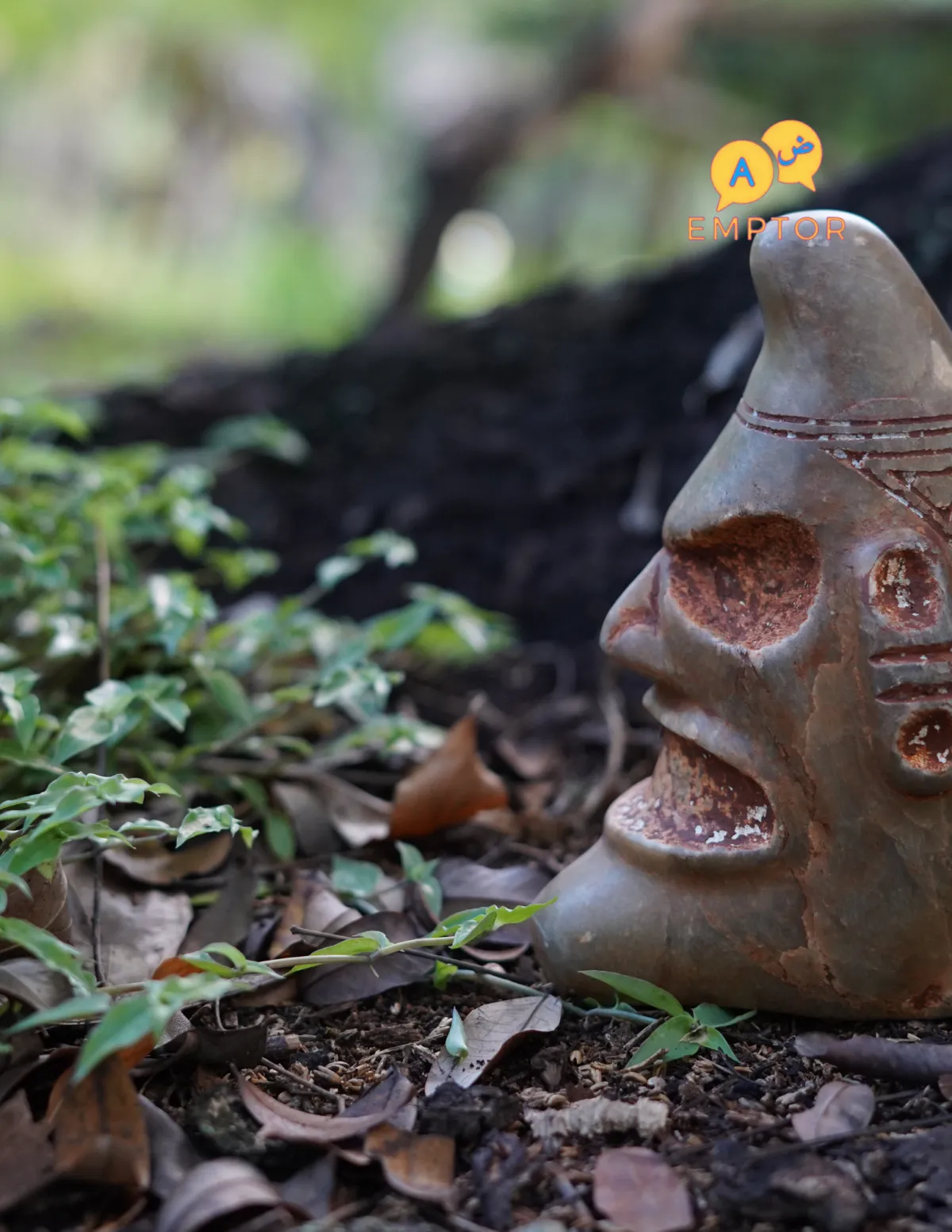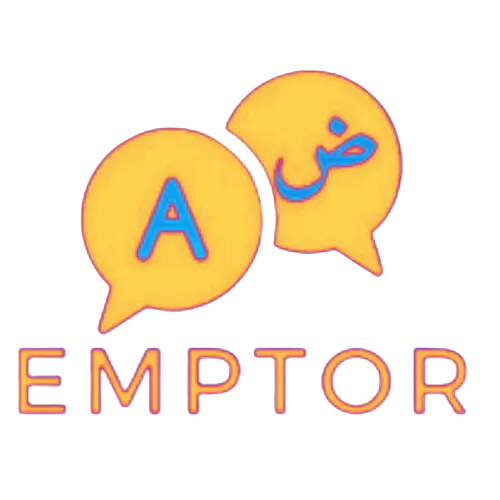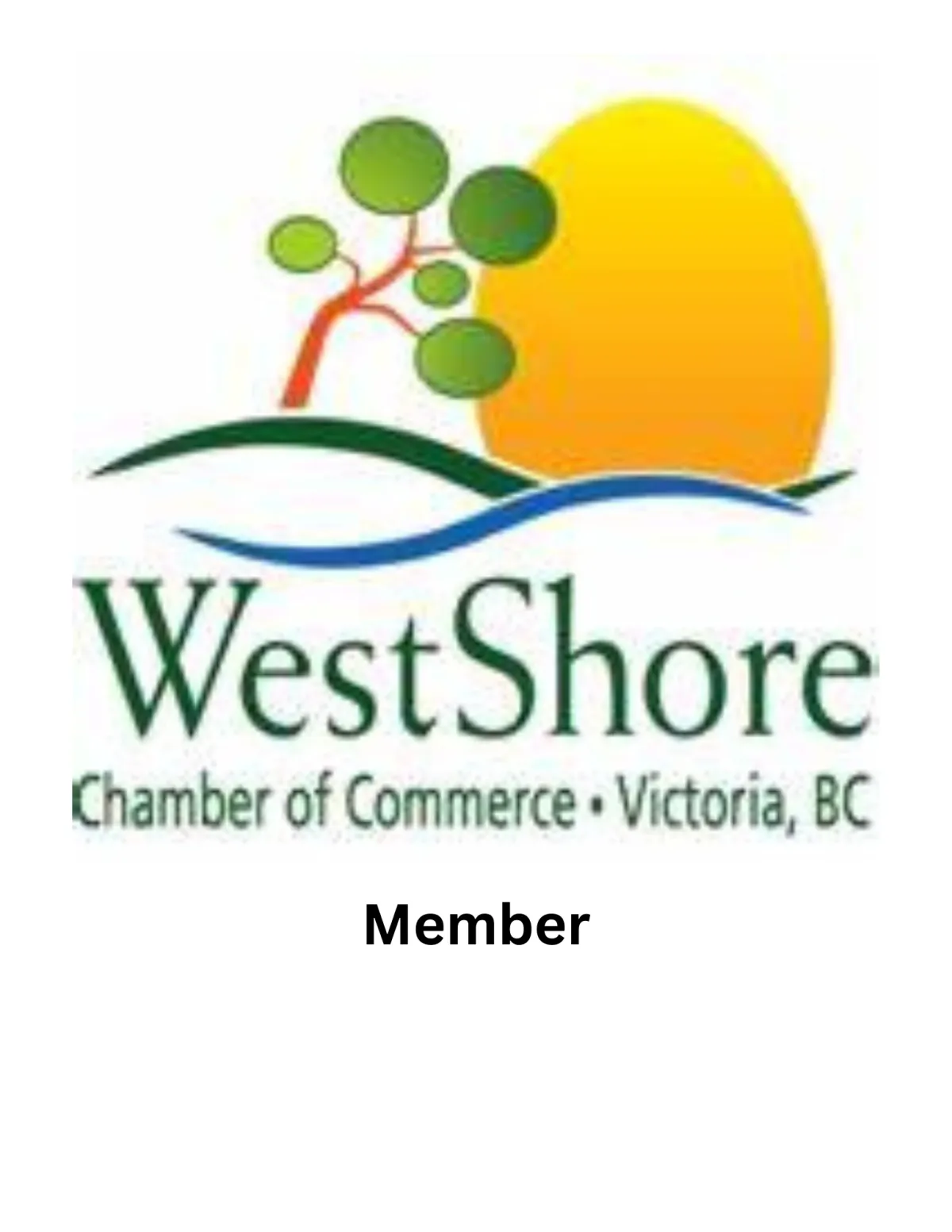
Unraveling the Mysteries of Taíno Civilization: Legacy and Resilience in the Caribbean
The Taíno were an indigenous people of the Caribbean, primarily inhabiting the Greater Antilles (present-day Cuba, Jamaica, Hispaniola - Haiti and the Dominican Republic - and Puerto Rico) at the time of European contact in the late 15th century. They were known for their advanced agricultural practices, intricate social structures, and unique cultural traditions.
The Taíno society was organized into chiefdoms, with caciques (chiefs) ruling over specific territories.
They practiced agriculture, growing crops such as maize, cassava, and sweet potatoes. They were also skilled fishermen and navigators, known for their canoes.
The Taíno religion was polytheistic, with a pantheon of deities associated with various aspects of nature. They also practiced rituals such as ball games, ceremonies involving dance and music, and the consumption of a ceremonial beverage called "cacique."
Unfortunately, following the arrival of Christopher Columbus and subsequent European colonization, the Taíno population declined rapidly due to disease, forced labor, and violence. Today, many aspects of Taíno culture and heritage endure in the Caribbean, including language, music, art, and some traditional practices kept alive by modern descendants and cultural preservation efforts.
Tailor your language learning experience to your interests and goals, whether you're mastering the basics or honing conversational skills. Start your personalized language journey today!

Enrollment Fee
Unlock a world of languages with us! For just CA$19.99 per month or CA$149.99 per year, gain access to our comprehensive language learning platform. When you sign up, you'll have access to more than 120 languages and engage with interactive lessons. Start your linguistic journey today!
© 2025
Emptor Educational Hub
All Rights Reserved.
778-700-5188
-


